About Dyslexia

About Dyslexia
“Dyslexia is a specific learning disability that is neurobiological in origin. It is characterized by difficulties with accurate and/or fluent word recognition and by poor spelling and decoding abilities. These difficulties typically result from a deficit in the phonological component of language that is often unexpected in relation to other cognitive abilities and the provision of effective classroom instruction. Secondary consequences may include problems in reading comprehension and reduced reading experience that can impede growth of vocabulary and background knowledge.”
Adopted by the IDA Board of Directors, Nov. 12, 2002. Many state education codes, including New Jersey, Ohio and Utah, have adopted this definition.
The word dyslexia is derived from the Greek, dys, difficulty with, and lex (from legein, to speak), having to do with words. Words in their many forms are encountered in listening, speaking, reading, spelling, writing, in mathematics, and in organizing, understanding, and expressing thought. Based on information from neuroscientific and linguistic research, the definition can be summarized as difficulty in the use and processing of arbitrary linguistic/symbolic codes. This is an aspect of a language continuum which includes spoken language, written language, and language comprehension. Individuals with dyslexia are those who, despite traditional classroom teaching, have failed to master the basic elements of the language system of their culture. Since language is the necessary tool upon which subsequent academic learning is based, such persons often encounter difficulty in all educational endeavours.
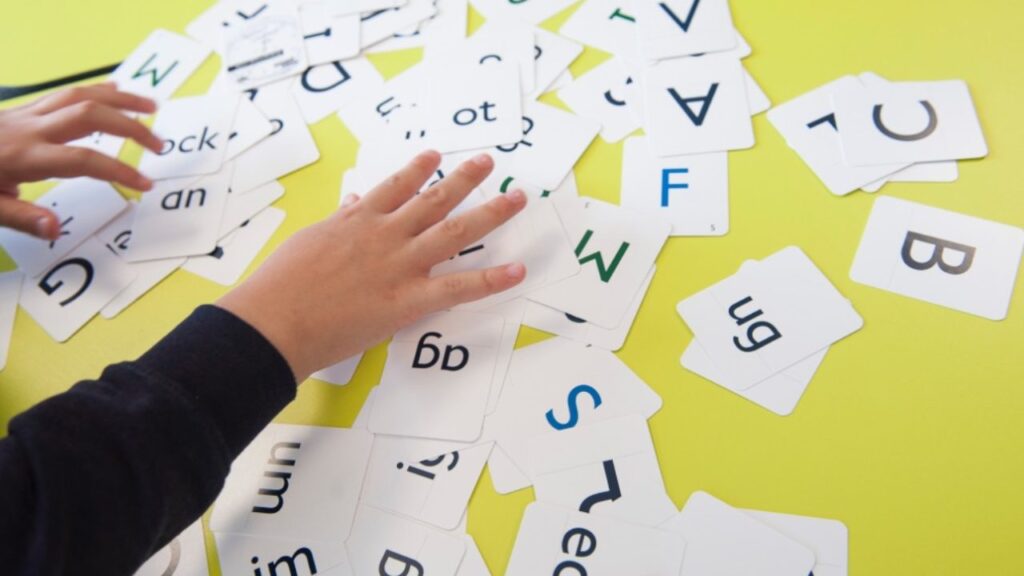
Signs Of Dyslexia
Red Flag
Here Are Some Common Signs
To Watch Out For
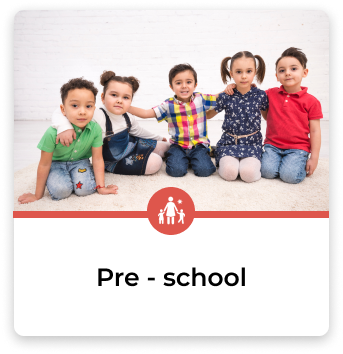
Preschool Years

Forgetfulness

Speech difficulty

Reversal of letters

Difficulty identifying letter names and sounds

Coordination difficulties

Fine motor skill problems

Slow reaction time

Reluctant to concentrate

Not able to understand rhythm

Confusing words that sound similar
School age

Reluctance to go to school

Not enjoying school

Difficulty learning words and letters

Low / No phonological awareness

Poor memory

Coordination difficulties

Losing items

Difficulty forming letters

Difficulty copying and colouring

Poor organization
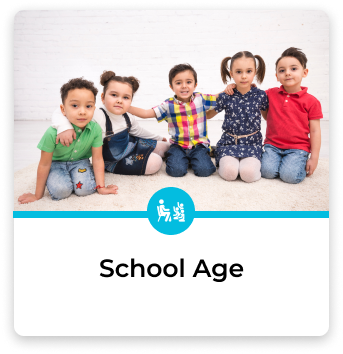
Dyslexic Strengths
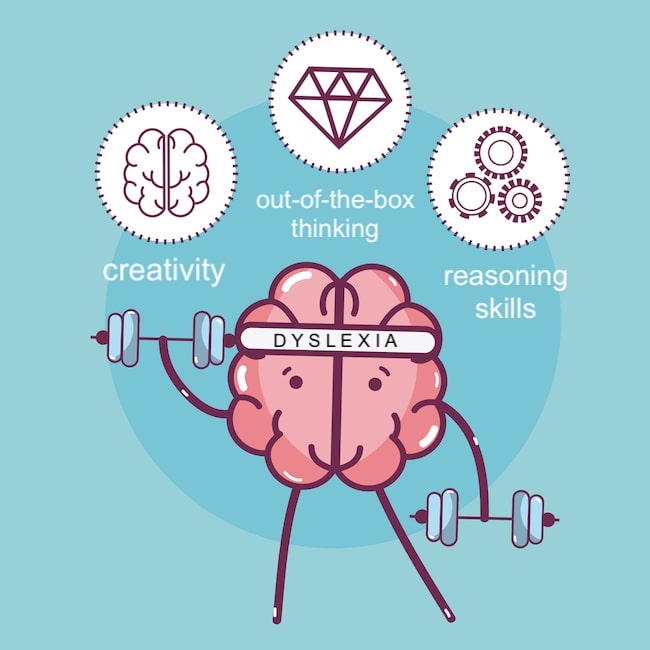

Strong memory for stories

Excellent puzzle solving skills

Brilliant spatial reasoning

Great conversationalists

Tremendous empathizers

Wonderfully imaginative

Abstract thinkers

Think outside of the box Critical thinkers

Astutely analyze stories told or read to them

After 2 years at school

Hesitant at reading

Poor word attack skill

Problem in Rapid Automatic Naming

Poor knowledge of sounds and words

Spelling errors

Substitution, addition or omission of words while reading and writing

Confuses words that sound alike, such as saying “tornado” for “volcano,” substituting “lotion” for “ocean”
Middle School

Behaviour difficulties

Frustations

Abilites in other fields, apart from reading

All other persisting difficulties
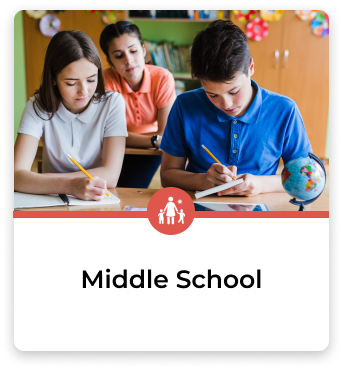

High School

Slow to complete any academic work

Reading difficulties increase due to complex word structure

Poor general knowledge

Taking longer time to complete written work
College / University

Remembering and organizing time table

Keeping appointments

Planning study times

Poor in planning essays

Second Grade & Higher


Improvement as an area of interest becomes more specialized and focused—and a miniature vocabulary is developed that allows for reading in that subject area

Ability to get the “big picture”

A high level of understanding of what is read to him or her

A surprisingly sophisticated listening vocabulary

Learning that is accomplished best through meaning rather than rote memorization

Excels in areas not dependent on reading, such as computers and visual arts, or in more conceptual (versus fact-driven) subjects, including social studies, and creative writing

The ability to read and to understand at a high level overlearned (or highly practiced) words in a special area of interest
If you have questions about the opportunities available to you in our programs, feel free to send us a message. We will get back to you as soon as possible.
